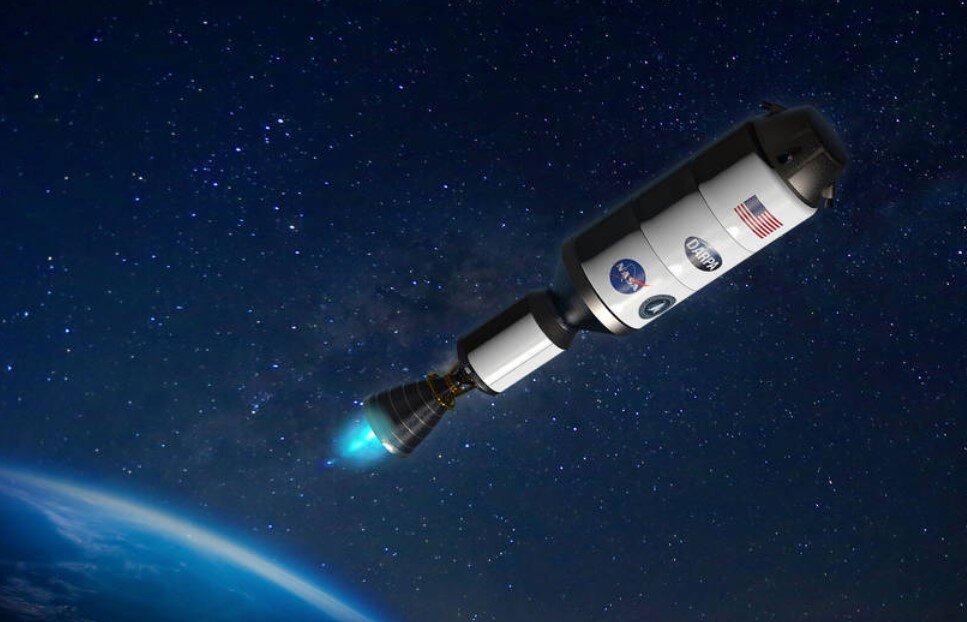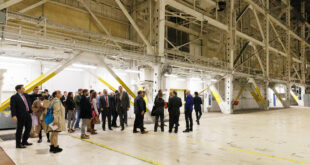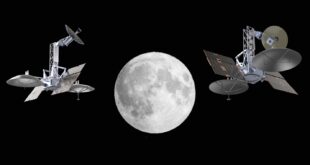
London, 27 January 2023. – NASA and the Defense Advanced Research Projects Agency (DARPA) announced a collaboration to demonstrate an in-space nuclear thermal rocket (NTR) engine. They will collaborate on the Demonstration Rocket for Agile Cislunar Operations (DRACO) program, enabling NASA crewed missions to Mars. The non-reimbursable agreement will benefit both agencies and outline the roles, responsibilities, and processes to speed up development efforts.
A nuclear thermal rocket will result in a faster transit time, reducing the risk for astronauts. Furthermore, reducing transit time is vital to human missions to Mars, as longer trips require more supplies and robust systems. Because of this, developing faster and more efficient transportation technology will help NASA meet its Moon to Mars Objectives.
“DARPA and NASA have a long history of fruitful collaboration in advancing technologies for our respective goals, from the Saturn V rocket that took humans to the Moon for the first time to robotic servicing and refueling of satellites,” says Dr. Stefanie Tompkins, director of DARPA. “The ability to accomplish leap-ahead advances in space technology through the DRACO nuclear thermal rocket program will be essential for more efficiently and quickly transporting material to the Moon and, eventually, people to Mars.”
NASA’s Space Technology Mission Directorate (STMD) will lead the technical development of the nuclear thermal engine. However, DARPA will be the contracting authority for developing the entire stage and the engine, which includes the reactor. DARPA will also lead the overall program, including rocket systems integration and procurement, approvals, scheduling, and security, cover safety and liability, and ensure overall assembly and integration of the engine with the spacecraft. Over the development, NASA and DARPA will collaborate on the engine assembly before the in-space demonstration as early as 2027.
 SpaceWatch.Global An independent perspective on space
SpaceWatch.Global An independent perspective on space




